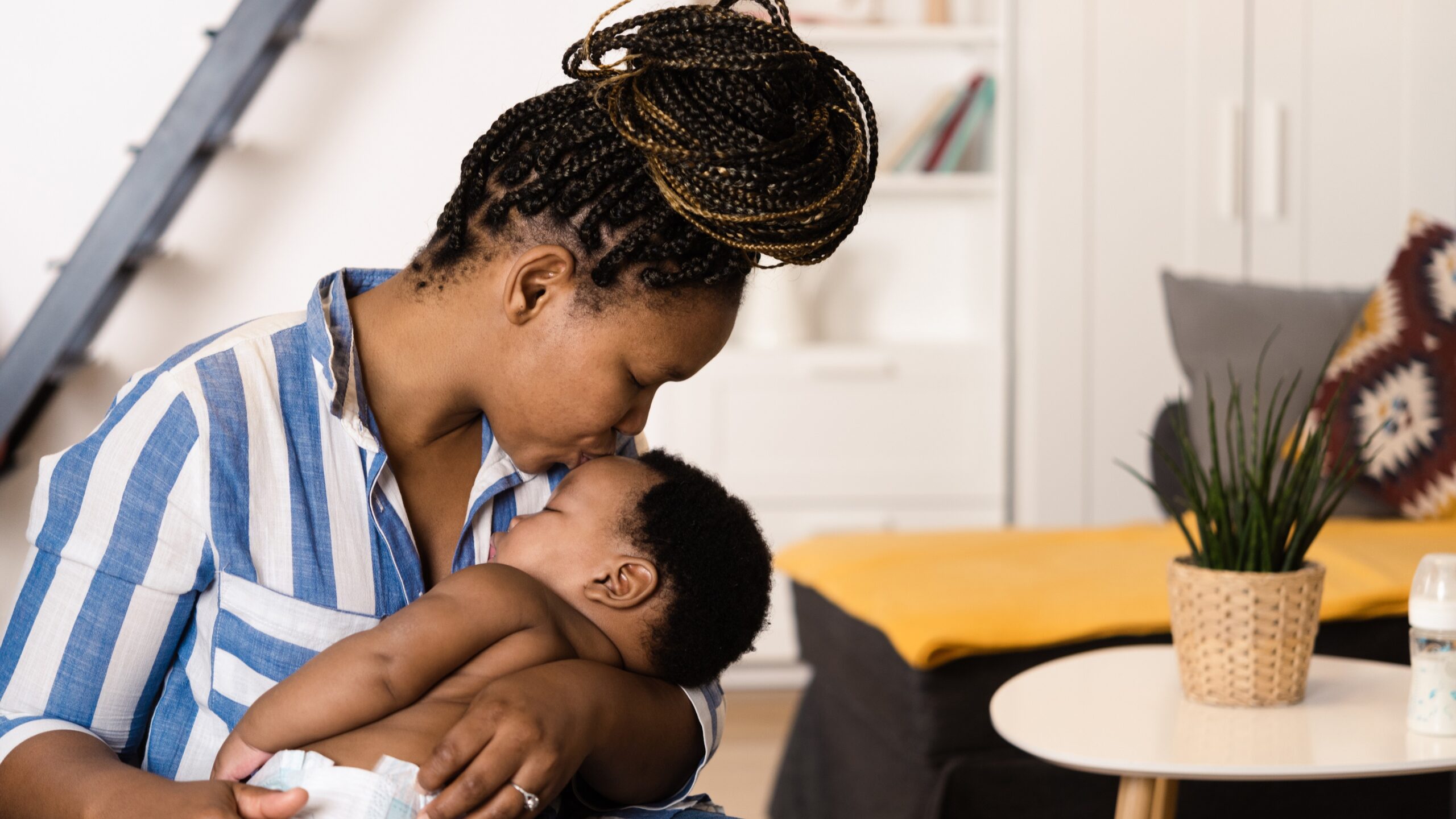
The nights are getting cooler, and a pumpkin spice scent is filling the air. This means that not only are we entering holiday season, but the end of Daylight Saving Time is just around the corner. On November 6 at 2 a.m., our clocks are going to fall backward, giving us an extra hour of sleep before we have to get up for the day.
It sounds lovely; a whole extra hour can be a lot of time for a tired parent. But the reality is that Daylight Saving Time can really mess up the routine and rhythm you’ve fought hard to set. And even a subtle change can spiral into a slew of issues for parents with a newborn at home.
All is not lost, though, and there’s no need to panic. Taking a few proactive steps can make a difference in your baby’s daily routine. And it can save you headaches, coffee, and tears.
Why do I hear so many horror stories about Daylight Saving Time?
Before we have kids, Daylight Saving Time is just something we must remember so we’re not late to work or miss an important meeting when the clock changes.
However, the loss of one hour in the springtime or the gain of an extra hour in the fall can shift things just enough to throw the rhythm of life off for some families. For babies or kids who already struggle to fall asleep, the clock shift can exaggerate that and introduce another layer of stress that just escalates everything.
You may hear so many horror stories about Daylight Saving Time from parents because many of us have kids who are creatures of habit. They’d don’t have the logic yet to understand why some things are the way they are — certainly not babies.
How will Daylight Saving Time impact my baby?
For toddlers and older kids, Daylight Saving Time impacts them because they can recognize that something has changed. Suddenly, it’s dark out before dinner, and they’re left confused about where the day went. Or in springtime, they’re pushing back on going to sleep, because at 9 in the evening, it’s still as sunny as it was when they were riding their bikes.
But, when it comes to babies, they don’t have that same awareness of time as older kids do, but the change of the clock can equally mess up their schedules. Thanks to your baby’s circadian rhythms (the changes in the body mentally, physically, and behaviorally that follow a 24-hour cycle), they can shift with time. And one hour is enormous for little ones.
What parents are often left with then are babies who get crankier and aren’t as easy to soothe. In addition, some babies end up struggling to fall asleep at the same time, and the feeding schedule is often impacted negatively as well.
The good news is that the impact of daylight saving time for babies doesn’t usually last longer than a week. Those first few days are likely going to be challenging, but there are things you can do to minimize that as well.
How to adjust my baby’s sleep for Daylight Saving Time
There are some tricks parents can use to make the daytime adjustment easier for their little ones, if there are a few days in advance to plan for the time change.
Adjust baby’s schedule a week in advance. If you remember that the time change is coming, you can prep the household before the day, adjusting the time for everything by 10 minutes each day leading up to when the clocks actually change.
For example, at the start of the week, move baby’s nap time up by 10 minutes. Then the following day, move it up 10 minutes from there again. The idea behind this is that come Sunday, when the clocks switch, there won’t be that drastic one-hour jump. Instead, the time change is more gradual, so the effects won’t be as noticeable.
Take baby outside during the day. Having more time out in the sun and fresh air during the day can help make realign baby’s circadian rhythm and help them ease into sleep.
Make it nice and dark. When it does come time for bed, make the room nice and dark to help signal to baby that it’s time to drift off into a happy sleep.
What else can I do to survive Daylight Saving Time as a new parent?
The most significant advice for parents who need to adjust to Daylight Saving Time would be to have extra patience for your baby and yourself. This time adjustment seems small, but it’s big in the world of new parenthood, and you’re not going to be the only one struggling.
It’s also important to note that if you forgot Daylight Saving Time was coming, and you’re scrolling and reading this at midnight, two hours before the time switch, don’t panic. Baby will be fine if you don’t have time to prepare for the time shift, and their cranky tiredness (and yours) won’t last forever.
And in case no one has told you lately, you're doing a great job!




